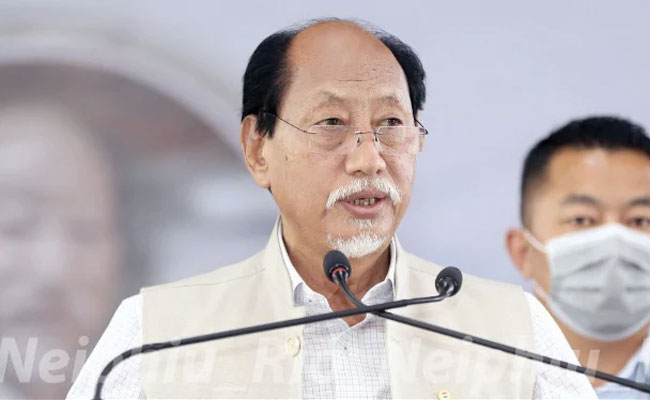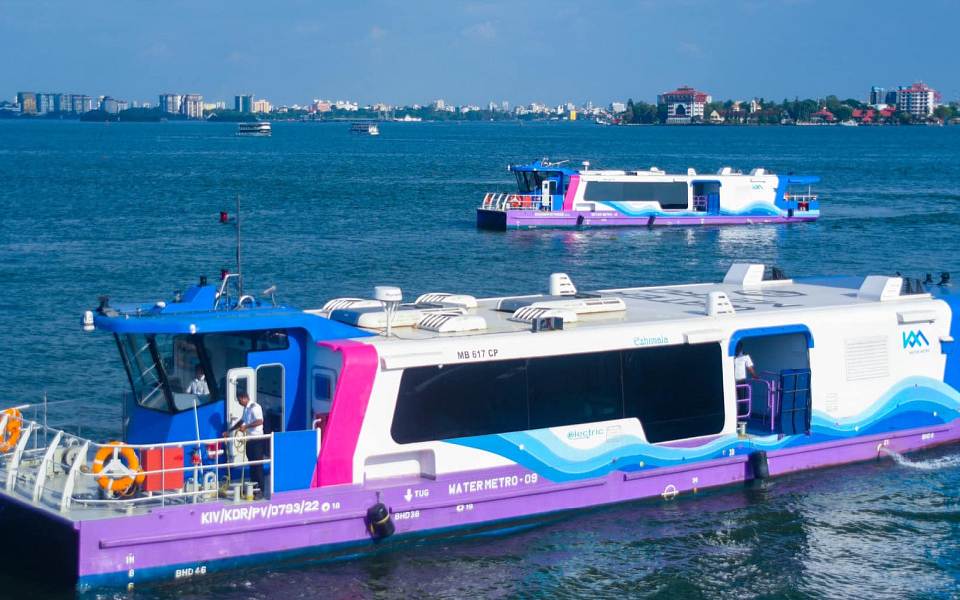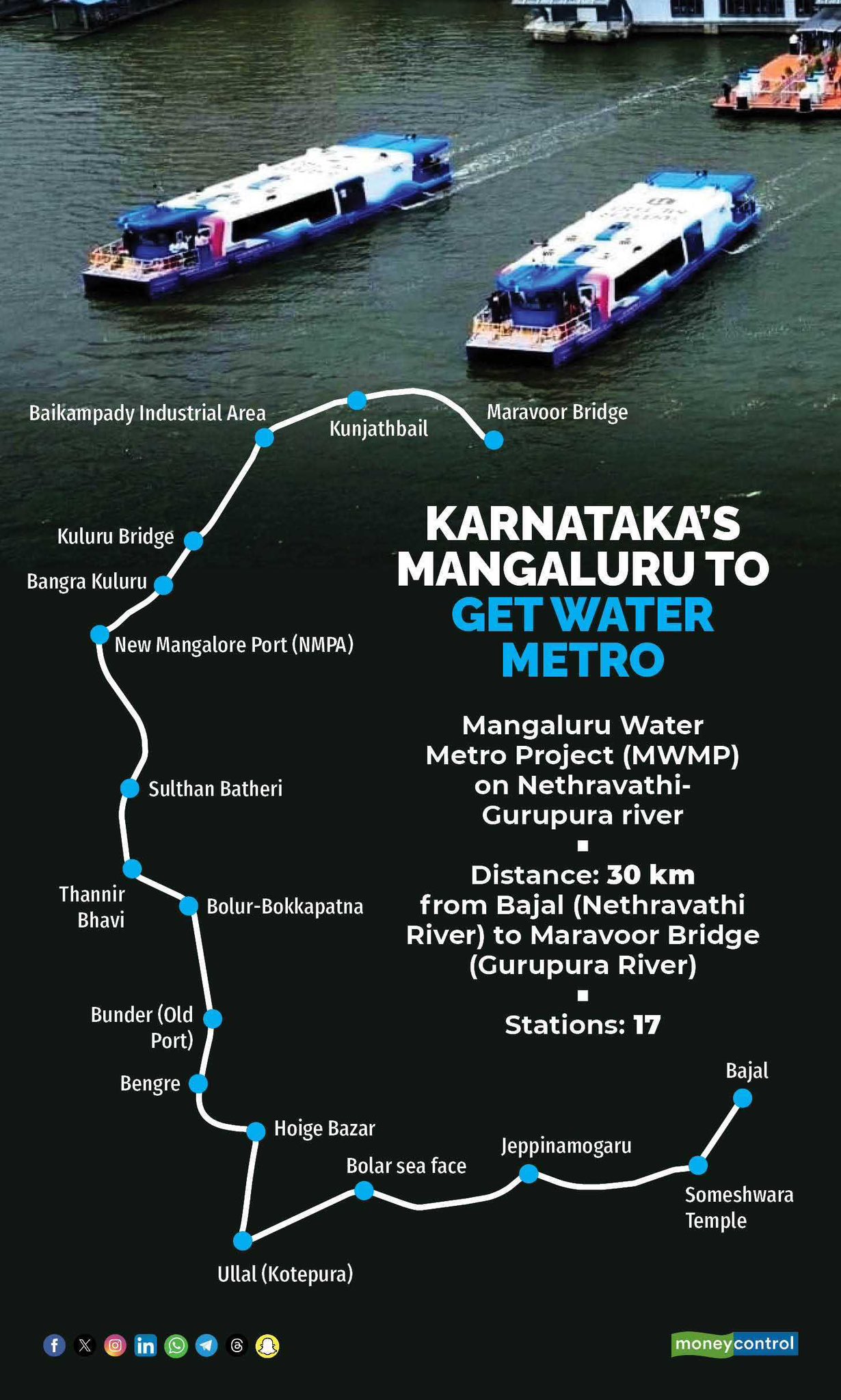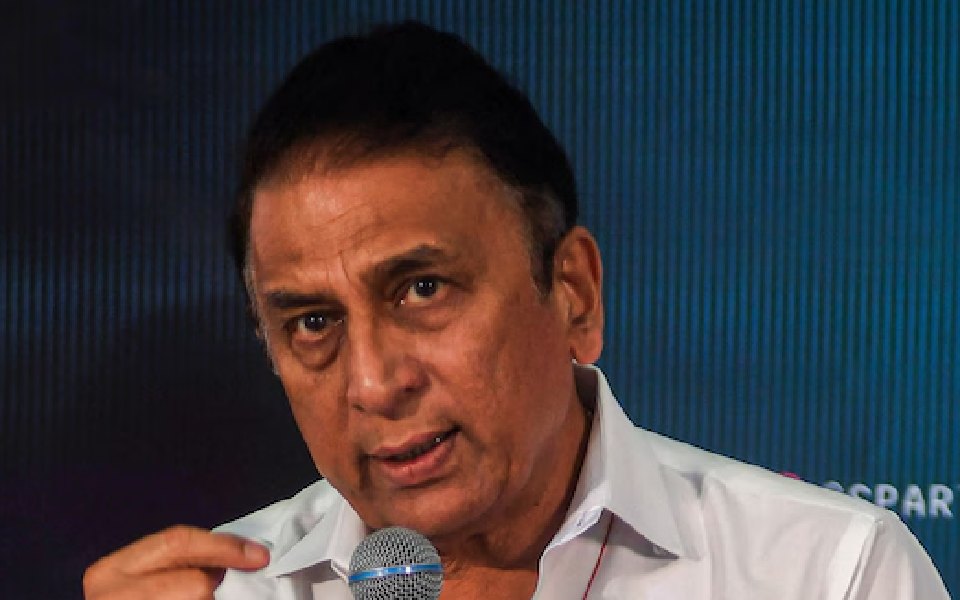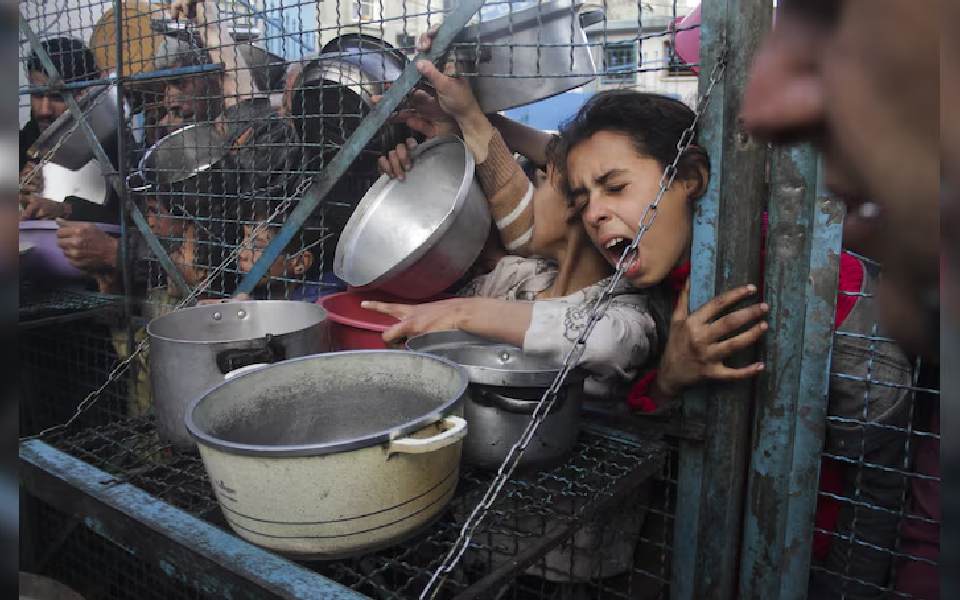Kohima (PTI): The Nagaland assembly on Monday opposed the proposed Uniform Civil Code (UCC) and implementation of the Forest Conservation (Amendment) Act and sought protection under the 16-Point Agreement and Article 371A.
All parties including the Nationalist Democratic Progressive Party (NDPP), BJP, NCP, NPP, LJP (Ram Vilas), Naga People's Front (NPF), RPI (Athawale), JD(U) and Independents discussed the issues on the first day of the monsoon session.
NPF MLA Kuzholuzo Nienu said Nagas have special protection under Article 371A and therefore there was a need to discuss the UCC and Forest Conservation Amendment Act.
"Article 371A clearly states that no act of Parliament shall apply to the State of Nagaland in respect of the religious or social practices of the Nagas, its customary laws and procedure, administration of civil and criminal justice involving decisions according to Naga customary laws and ownership and transfer of land and its resources unless the state assembly so decides," he said and proposed that the House pass a resolution rejecting the UCC and the forest Act.
Nagaland BJP president and cabinet minister Temjen Imna Along assured they would stand together with the resolution adopted by the assembly on both the issues.
Deputy leader of NCP legislature party P Longon and NPP legislature party leader Nuklutoshi Longkumer also said the two laws cannot be applicable in Nagaland.
Making the concluding remarks on both the discussions, Chief Minister Neiphiu Rio said Nagaland is the only state to have joined the Indian Union with the signing of a political agreement 16 Point Agreement and also insertion of Article 371A in the Constitution of India.
He expressed optimism that the Centre will not dishonor its own agreement nor would it overlook the Constitutional provisions given to the Nagas.
Rio informed the House the state cabinet has already submitted a representation to the 22nd Law Commission to exempt the state from UCC.
The CM said the cabinet held meetings with Union Home Minister Amit Shah and he assured to look into it.
Rio, however, said with the state government being an ally of ruling NDA at the Centre, it cannot go against the policies and decisions implemented by the central government.
The CM suggested that the House can pass a resolution appealing to the Centre to totally exempt' Nagaland from the purview of UCC and Forest Conservation Amendment Act.
Subsequently, Speaker Sharingain Longkumer informed that separate resolutions on both the issues will be brought for consideration on Tuesday.
Let the Truth be known. If you read VB and like VB, please be a VB Supporter and Help us deliver the Truth to one and all.
Mangaluru (Karnataka), Nov 4: After being endowed with multi connectivity facilities like three national highways, port and airport, Mangaluru city is now looking at a significant move towards sustainable urban mobility as the Karnataka Maritime Board (KMB) has announced plans for the Mangaluru Water Metro Project (MWMP), officials said on Monday.
This ambitious initiative aims to transform public transportation in the state, utilising National Waterways to connect areas along the Nethravathi (NW-74) and Gurupura (NW-43) rivers, they said.
Set to become India's second-largest water transport system after Kochi, the project promises an eco-friendly, economical and efficient mode of travel, the officials said.
According to officials, the MWMP will connect isolated communities from Bajal to Maravoor, enhancing accessibility and promoting the holistic development of these regions. The initiative is expected to boost local livelihoods and improve the standard of living through integrated transport networks.
According to the project report available with PTI, the MWMP will be rolled out in phases, with the initial stretch covering 30 kilometres along the Nethravathi and Gurupura river backwaters.
The priority route, beginning at Bajal on the Nethravathi and extending to the Maravoor Bridge on the Gurupura, will feature around 17 modern Metro stations.
Key locations such as Someshwara Temple, Ullal and the New Mangalore Port are included in the proposed route. State-of-the-art electric and diesel catamaran boats will be deployed, equipped with essential amenities to ensure a high standard of comfort and operational efficiency.
A comprehensive Feasibility Report (FR) will assess the project's viability, presenting a detailed cost-benefit analysis, market potential, operational strategies and environmental considerations.
"The report will objectively evaluate the project's merits and challenges, providing crucial information for decision-makers, stakeholders and investors," they said.
Officials in the port and fisheries subdivision told PTI that key areas of analysis has been based on assessing the potential to decongest old port areas, exploring the feasibility of cargo movement using Roll-on/Roll-off (Ro-Ro) water metros, examining water level variations influenced by tidal flows, integration with feeder services to ensure seamless last-mile connectivity, demand forecasts over a 25-year period, based on extensive socio-economic research of usage and utility of the MWMP.
The project's Terms of Reference (ToR) emphasise sustainable development, involving thorough site identification, user demand assessments and environmental impact studies. Comprehensive surveys such as LIDAR mapping, bathymetric studies and topographical analysis will ensure accurate planning and implementation, the officials told.
Furthermore, technical collaborations with national institutes of repute will support studies on wave tranquillity, vessel height clearance and infrastructure recommendations for jetties and repair facilities, they said.
A detailed environmental monitoring programme will assess air and water quality, noise levels and aquatic biodiversity in line with Ministry of Environment, Forest, and Climate Change (MOEF&CC) guidelines, the officials added.
The officials of the Maritime Board said the MWMP promises significant economic and environmental benefits, from easing traffic congestion to reducing air pollution. The project will also explore non-fare revenue streams and develop models to ensure financial sustainability.
A socio-economic impact assessment will measure the project's contribution to regional development, backed by projected revenue from passenger fares and ancillary services, a senior official said.
The Board also aims at championing cleaner and greener transportation and to set a precedent for sustainable urban mobility, positioning Mangaluru as a progressive city that leverages its waterways, he added.

